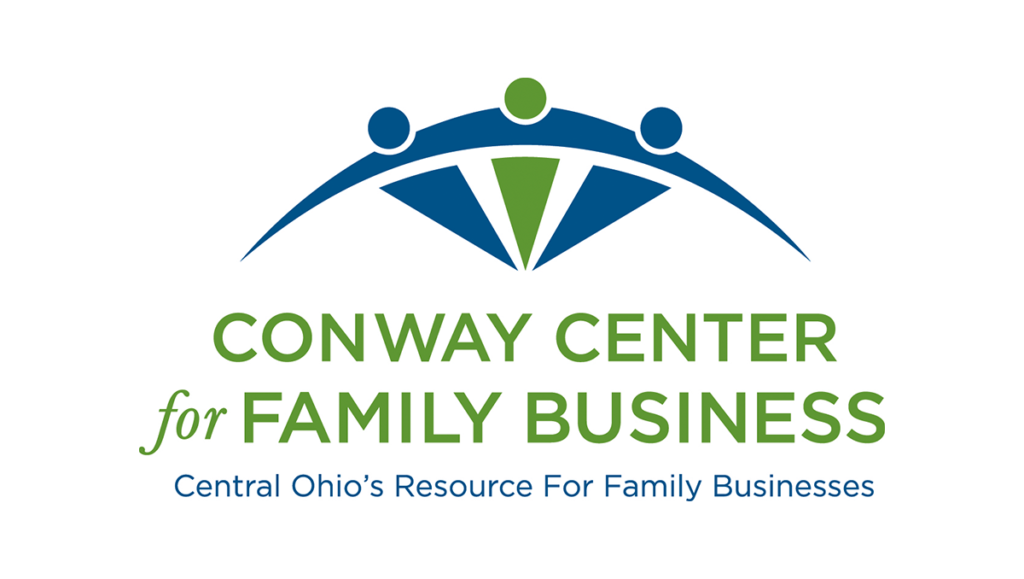
The COVID-19 vaccines are rolling out – slowly. A lot of employers are still trying to navigate this whole vaccine thing, the logistics of mandating or not mandating the vaccine to their employees, and the myriad personal and professional opinions about the short-term and long-term impact of the vaccine. It’s just… a lot.
Let’s get a few things out in the air before we talk about a policy.
- YES, you can require that your employees get the vaccine as a condition of continued employment in order to reduce a threat to the health and safety of your (other) employees. (Like any policy, hard-stop requirements can be dicey, so think about whether requiring this is the best approach.)
- YES, employees may be able to opt out of the vaccine based on a sincerely-held religious belief or because the vaccine is a threat to their individual health or safety. (In this case, an interactive discussion about this issue is necessary, just as it would be for any disability situation and accommodation should be evaluated.)
- YES, continued remote working may be a reasonable accommodation. (Remember, 2020 sent that horse right out of the barn and let that genie out of the bottle.) Remote working with the right planning and expectations is possible in a lot of ways!
- YES, if you require the vaccination, you should probably be prepared to cover the costs of the vaccine (if you don’t offer healthcare or the employee does not have healthcare) and the time off to get the vaccine. (If the employee is a non-exempt employee and you require the vaccine, this is a job-related requirement, so prepare to pay.)
- YES, if you require the vaccine, or even encourage it, you should lead the way. As the leader in your organization, you set the pace for everything. This should be no different.
- YES, you should educate your employees and give them a safe and private method to discuss the vaccine with you or another leader in the company. (We can help you with this, too.) Here are a few handy resources:
- Understanding How COVID-19 Vaccines Work by the CDC
- Recipient Education by the CDC
- Vaccine info for Pfizer-BioNTech and Moderna
- NO, you do not have to accept an employee’s reason outside of a sincerely-held religious belief or a disability concern, but you should have enough empathy to have an honest and potentially difficult conversation. These are scary times for a lot of people.
- NO, once everyone is vaccinated, we won’t all be “back to normal.” Normal is gone. Normal is not a thing; it never was. The general consensus from most authorities is that it is going to take months before we even reach the point of herd immunity. (Google, in its infinite wisdom must have known this since they determined last summer that their employees would not be coming back into their offices until at least July of this year. Thanks, Alexa!) This virus is still new enough (and mutating) that the medical professionals simply don’t know if those who are vaccinated may continue to be transmitters.
- NO, this probably isn’t going to go away anytime soon. (A-hem, 2022 anyone?)
Masks, social distancing, and other safety protocols will most likely continue to be our way of life for 2021, and maybe beyond. Don’t get excited for that beach vacation once you’ve received that second shot, but Condé Nast seems hopeful. There will likely continue to be travel restrictions and quarantine requirements in the near term. Let the good times continue to roll.
All of this to say that you should have a vaccine policy, whether you’re mandating it or encouraging it. These websites provide lots of model policies and other information you’ll find helpful as you keep on keeping on.
As always, we’re here to help.

Sharon DeLay, MBA, SPHR, SHRM-SCP, CPCC
Certified GUSTO People Advisor
GO-HR (a dba of BoldlyGO Career and HR Management, LLC)
[O] 614-473-0122 ▪ [C] 614-233-1522

